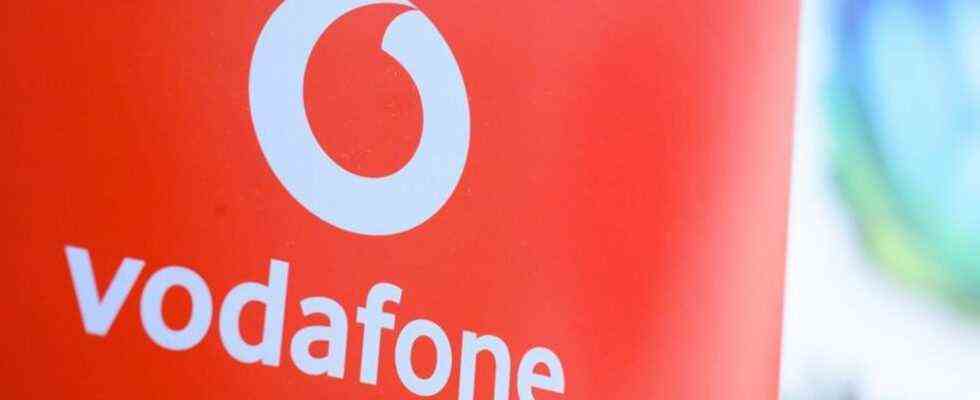mobile
Vodafone advertises “green” cell phone tariffs
Contribution to climate protection or «greenwashing»? Vodafone’s new “green” mobile phone tariffs are the subject of controversial discussion. Photo: Sebastian Gollnow / dpa
© dpa-infocom GmbH
With its offers for corporate customers, Vodafone pays money to climate protection projects in order to become theoretically climate-neutral. Greenpeace speaks of “greenwashing” – and calls for cell phones to be used for longer.
In the battle for customer favor, Vodafone relies on mobile phone tariffs that are advertised as “green”.
With the corporate customer tariffs in the “Red Business Prime” category, which will be sold from November, the company pays money to climate protection projects in order to become theoretically climate-neutral. Such compensations are nothing new – companies present their work and products as particularly sustainable and hope to score points with their customers. The telecommunications industry is also on course for climate change. When it comes to energy, the three German network operators are already using green electricity.
What is unusual about the Vodafone tariffs is the extent of the compensation: The payments relate to the CO2 emissions that are estimated to have been and will be released during the manufacture, transport, use and recycling of the end devices. On a website of “Climate Partner” it should be possible to see how much carbon dioxide has been mathematically compensated for in the tariffs. Vodafone Germany boss Hannes Ametsreiter called the published tariffs a contribution to climate protection.
Vodafone competitors do not have such tariffs
The other two German mobile network operators, Deutsche Telekom and Telefónica (O2), do not have such a tariff. The company E-Plus, which later merged with Telefónica, offered an eco tariff in 2011, under which money flowed to the Naturschutzbund (Nabu) for environmental projects and the estimated power consumption of the cell phone was mathematically “green”.
However, the Nabu tariff had “not found sufficient interest in the medium term” and was discontinued, says a Telefónica spokeswoman. “We were certainly a step ahead of our time with the tariff.” But we now know that it is not about making individual tariffs “green”. “It is more important to be as sustainable as possible across the entire spectrum of business activities, tariffs and devices.” So environmental protection is also arriving in the broad market.
Greenpeace criticizes “greenwashing”
The new climate-neutral tariffs from Vodafone are not well received by environmentalists. That is “greenwashing” to calm the consumer conscience and ultimately as absurd as “refueling for climate protection”, says Viola Wohlgemuth from Greenpeace.
She accused the companies of a linear and climate-damaging business model that had to be changed: cell phones should be used for longer. We should move away from the production of new devices and towards a real circular economy.

